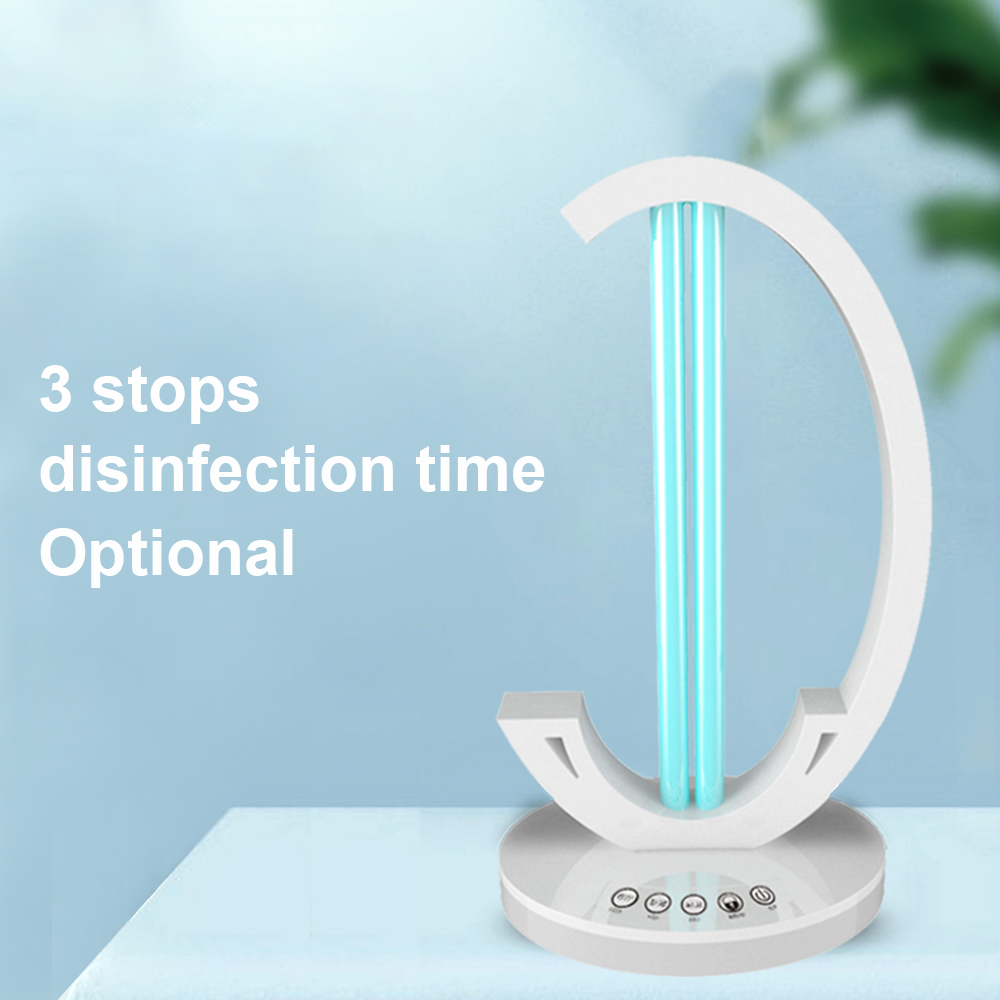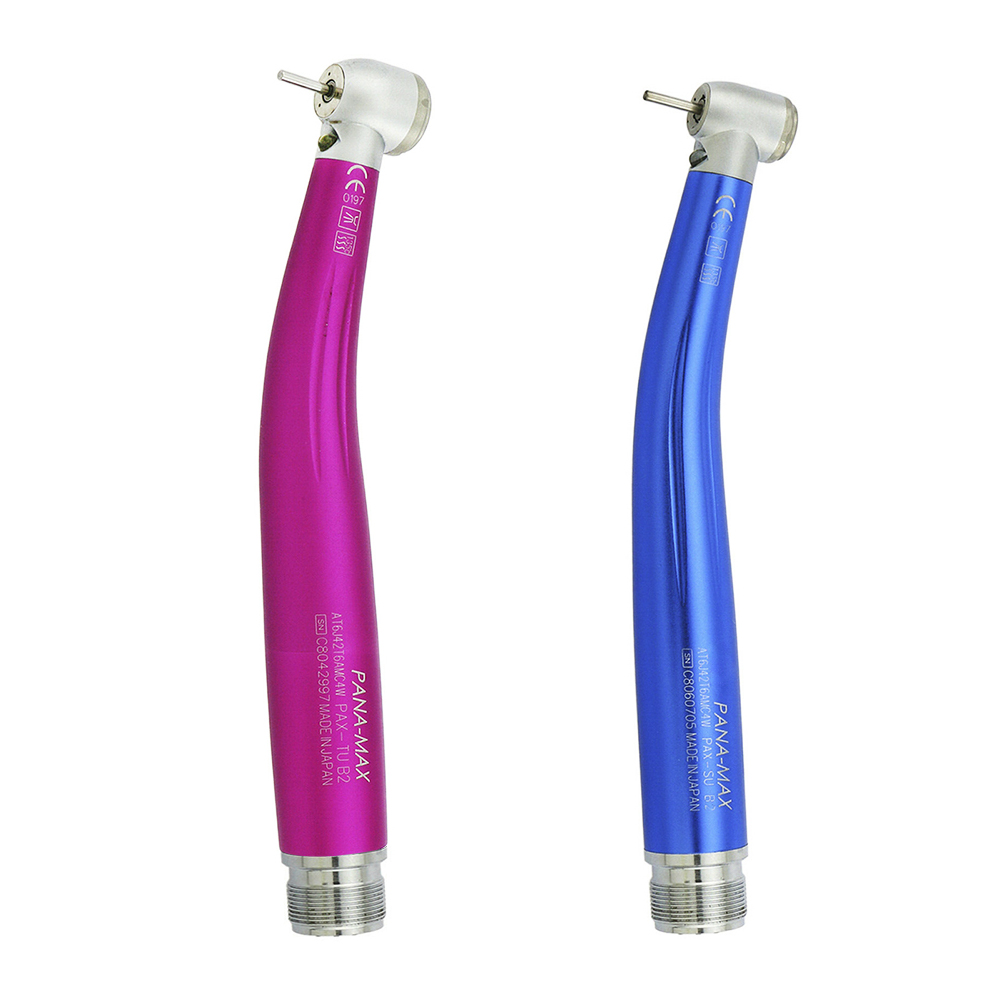
Covid-19 Outbreak Psychological Protection Knowledge (Student)
In the epidemic of Covid-19 infections, many people not only suffer physical health problems, but may also trigger stress reactions and emotional problems. Facing the crisis, as vocational students, how should we manage ourselves? How to regulate the emotional state?
1. Trouble with psychosomatic symptoms
Students may always pay attention to various media reports about the epidemic, pay close attention to some symptoms, and always worry about being infected; excessive attention to critical patients and death cases, addicted to negative emotions can not extricate themselves, and panic all day long; and Very few classmates, family members or close relatives are isolated, sad, desperate and unable to cope with it … In the current epidemic, students may be experiencing tension, fear, anxiety, and even suspect that they have a fever and abnormal lungs Diet, sleep, etc.
Prescription 1: Accept negative emotions and discover the positive significance of negative emotions. When negative emotions such as anxiety, tension, and fear appear, it is believed that this psychological state of stress is normal. It is a psychological process in which people instinctively mobilize all their energy to deal with the impact of stress events. These negative emotions also have its positive significance. Anxiety and nervous reminders must see the nature of the epidemic crisis. Fear reminders must learn to protect themselves and prevent epidemic diseases. Try to accept it. When you start to accept it, the tension of negative emotions stops rising and the management of emotions begins.
Prescription 2: Master the tricks of emotion regulation and be the master of emotions. You can use small tricks, such as muscle relaxation, rational thinking, make a happy list and execute it.
Prescription 3: Strengthen confidence and give yourself positive psychological hints. In belief, believe that the epidemic can be prevented and controlled; relax the heart, do not loose the behavior, protect according to the scientific method; actively pay attention to its own symptoms, weaken the negative effects of negative hints, and monitor the symptoms in real time, necessary When looking for a professional doctor for diagnosis and treatment.
2. Academic Distress
Students have a question and expectation in their hearts. When will the epidemic be eased? When can the school officially start? There are still many uncertainties about this problem. Therefore, there are many free online learning courses on the Internet for delayed start, and school teachers may also arrange some homework to require students to study independently at home. However, some classmates may worry that they are not suitable for online teaching; some classmates slack off in personalized self-directed learning; some classmates may also be unable to engage in learning because they are confused in the future. Especially in the third grade, students are in a critical period, and there may be more worry and anxiety about the entrance examination. In the current epidemic situation, you may be facing confusion, passiveness and anxiety caused by academic problems.
Prescription 1: Set holiday learning goals and make a good learning schedule. According to their own learning characteristics, formulate near-term learning goals, make a good learning schedule, reasonably arrange daily learning time, learning tasks, and follow the plan one by one.
Prescription 2: Understand the online learning process, eliminate interference and learn efficiently. For all kinds of online learning platforms, understand the learning process before learning, and make preparations for learning, such as network, school supplies, the most important thing is that home learning must eliminate interference factors, concentrate, listen carefully, and think positively And take notes flexibly to learn efficiently.
Prescription 3: Use the four-quadrant method to be your time manager. The first step: make a to-do list that you want to complete recently; the second step: the four-quadrant rule-distinguish the importance and urgency of each item and put it into the corresponding quadrant. (First quadrant: urgent, important — nothing to say, do it now! Second quadrant: not urgent, important — plan to do it! Third quadrant: urgent, unimportant — do as little as possible! Fourth quadrant : Not urgent, not important-try not to do it!)
3. Life adaptation
In addition to paying attention to the development of the epidemic, what other things do students do every day? The original peer exchanges inside and outside the school suddenly stopped, and all kinds of learning inside and outside the school were suspended. The Spring Festival, which should have been to visit relatives and relatives, seemed to be terribly quiet. Entertainment, nowhere to relax or even the opportunity to return to school to study. In this regard, many students may not adapt to this offline and world-isolated life, and some are addicted to the TV network and cannot extricate themselves. Feelings of boredom, boredom, empty thoughts, and meaninglessness surrounds me. The life of the students may be facing the adaptation challenge brought about by the isolated life.
Prescription 1: Jump out of troubled emotions and look at problems from another angle. Keep being aware of your emotions above, imagine yourself standing in a higher and more comprehensive “third-party” perspective, seeing “What is happening objectively at this moment”, and being aware of the truth of emotions. Do you want to do something but don’t want to do it, or don’t know what to do, or do you think it’s boring? Allow yourself to be immersed in your current emotions for a while, ask your heart, understand the prompt messages that the emotional messenger brings to you, maybe you will know what to do.
Prescription 2: Step by step, from easy to difficult. Brain activity has inertial characteristics. If it is in a “mixed day” state for a long time, the rate of brain activity will decrease and become more and more “lazy.” Instead, you can use this feature of the brain. When learning is procrastinating, try to sit at the desk first, read a light and pleasant book, then write something casually, and slowly bring yourself into the state.
Prescription 3: Immerse the flow and do what you want. Set small goals of medium difficulty, that is, some small tasks that are both challenging and can be achieved through hard work. Put them into it, generate a flow state, and find the meaning and fun.
4. Trouble with parent-child relationship
Students may have such distress, and they spend a rare holiday at home every day, and are particularly depressed. Especially with the relationship with parents, some students said that their parents only knew the dangers and listened to all kinds of rumors, so they would n’t let them go out for half a step; some students said that it is rare to have a relaxing holiday, and parents nagging about learning all day, seems to be learning everything It ’s not a problem; some students said that they have been at home for a long time. As soon as they pick up their mobile phones and go online, their parents are nervous and always think they have done something bad. Not to mention that the holiday enhances the opportunity to communicate with family members, thereby deepening feelings. Instead, various conflicts broke out intensively during this time, and the relationship between family members was very tense.
Prescription 1: Compare your heart to your heart and think positively. Can understand the same panic, anxiety, boredom, and boredom as parents and other family members, and “see” the psychological needs of family members. Make good use of non-violent communication sentences to communicate problems, and express content in the form of “objective events + self-feeling + needs / requests” to jointly create a safe and harmonious family atmosphere. Positive thinking, emotions affect your body and mind, and can also infect others. The positive and negative choices are entirely up to you, and you control everything.
Prescription 2: Accept reality and respect for understanding. It is normal to understand that interpersonal emotional communication is poor and conflicts occur. Respect is the basic principle of interaction with parents, and express emotions without disagreement when opinions differ. May wish to turn the problem into an opportunity to resolve, calm down to listen to each other’s stories and opinions, accept the differences, and then find an opportunity to solve the problem.
Prescription 3: Solve problems creatively and seek the “third choice”. When there is conflict with the parents and the conflict cannot be reconciled, abandon the “non-win and lose” attitude, find a common zone and clear boundaries that can be accepted by both parties, that is, the “third choice”, meet their needs, and share the rare parent-child time .
View more anti-Covid-19 products at www.dentalinbox.com.





